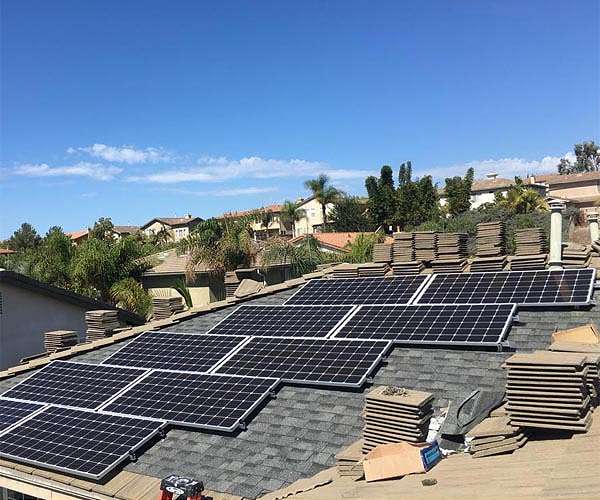Research shows that there is broad support for solar energy projects among local residents
A national survey conducted by Lawrence Berkeley National Laboratory, Michigan State University and the University of Michigan shows that Americans who live near large-scale solar farms (LSS) generally view them positively. The survey, which surveyed almost a thousand residents within five kilometers of LSS installations, found that positive attitudes towards these projects are almost three times as common as negative ones.
This research is notable because it is the first national, representative assessment of public perception of solar energy developments. Of those surveyed, 42% supported further solar developments in their communities, while only 18% opposed more projects. Interestingly, more than 80% of participants were initially unaware of the solar projects before their construction, and a third remained aware of them until they participated in the study.
Doug Bessette, associate professor in the Department of Community Sustainability at Michigan State University, highlighted the generally positive feedback, but also noted challenges with larger projects and those located very close to homes. “The response from residents has been generally positive, which is good to see given the amount of solar energy that is likely to be developed in the coming years,” Bessette said. “At the same time, we saw more negative attitudes associated with larger projects and slightly less support among neighbors who lived very close, within a quarter mile of projects, so there is a lot of work to be done.”
Residents showed a clear preference for using disturbed sites such as landfills for future projects over agricultural land and expressed a strong desire for greater community involvement in the planning process. Local hiring and ownership were also preferred. For accurate information about potential impacts, residents rely most on fellow community members, local organizations and university staff.
Jake White, a PhD student involved in the study, emphasized the importance of community involvement. “Our findings show that LSS neighbors want to be more involved, with respondents strongly supporting greater opportunities for participation in planning processes,” White explains. “This shows a major opportunity for improvement in LSS planning processes – hopefully leading to better outcomes for everyone.”
The research also suggests that while there is substantial support for solar energy, significant community engagement and communication efforts are needed to increase public acceptance and address equity issues within future LSS projects.
“We were happy to see this last one,” Bessette noted.
Research report:Neighbors’ perceptions of large-scale solar projects: Results from a national survey


